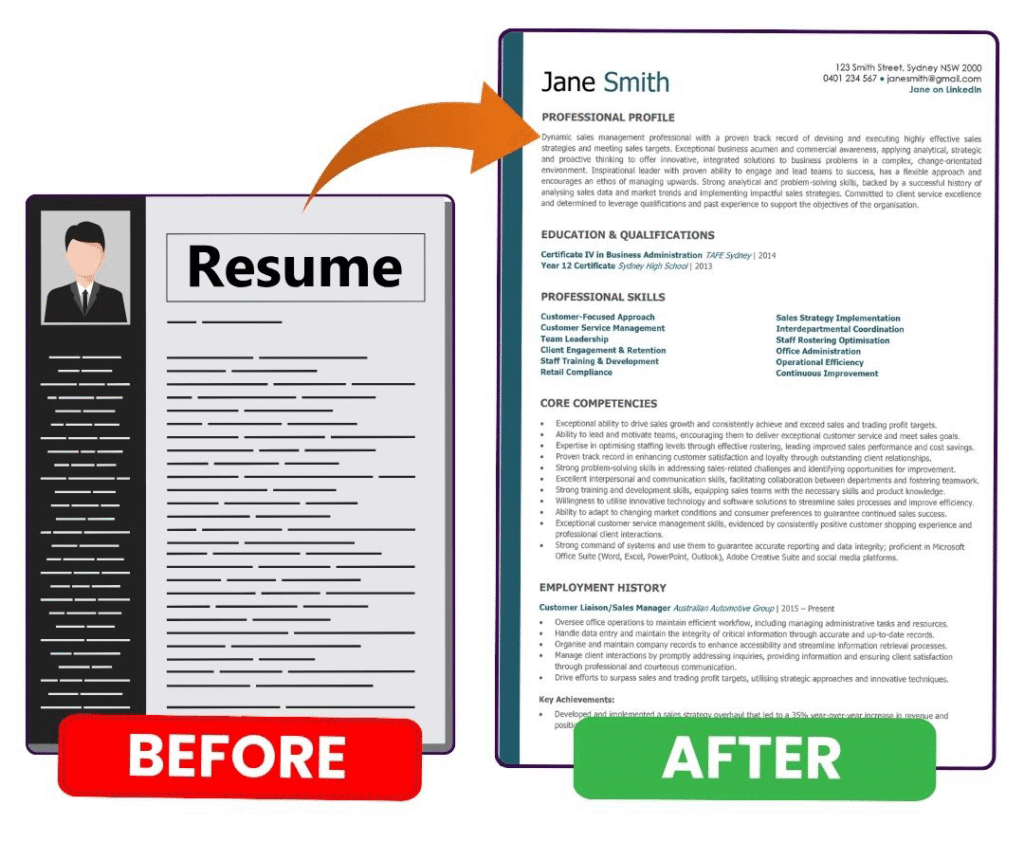Samantha had been in the interview for only ten minutes when the hiring manager smiled and asked, “So, what motivates you?”
Her mind raced. She knew she should say something impressive, but the first thought that popped up was, paying my bills. She laughed nervously and mumbled something about “doing a good job.” The manager nodded politely, but Samantha could tell her answer didn’t make much of an impact.
Weeks later, she got the rejection email. She couldn’t help but wonder if she’d blown it on that simple question.
Why “What Motivates You” Is Trickier Than It Sounds
On the surface, it feels like a friendly, low-pressure question. In reality, “what motivates you” is a powerful opportunity for an employer to see if your drive matches the role, the company culture, and the team’s goals.
Here’s the challenge:
- Many job seekers give generic answers like “I like to help people” or “I enjoy doing good work.”
- Others panic and blurt out a cliché, or worse, focus only on money or job perks.
- Some ramble without linking their motivation to the job they’re applying for.
Hiring managers ask this question not just to understand you, but to picture how you’ll contribute if you join their team. A weak or vague answer can make them doubt your fit, even if your resume is strong.
How to Approach the Question Strategically
When preparing your answer, think of three key elements:
- Authenticity – Your motivation should genuinely matter to you. Forced or fake-sounding responses can come off as insincere.
- Relevance – Tie your motivation to the role, industry, or company mission.
- Evidence – Use a short example or story to make your motivation real and memorable.
Examples of Strong Responses
Here are some well-crafted answers that show how to combine authenticity, relevance, and evidence.
Example 1: The Problem-Solver
“I’m driven by the challenge of finding solutions when others might give up. In my last role, our team was facing repeated delays in our project timeline. I came up with a new workflow system that reduced turnaround times by about 20%. This type of positive impact is what motivates me to keep improving processes.”
What makes this effective: It’s specific, shows initiative, and links motivation to a measurable achievement.
Example 2: The Lifelong Learner
“What motivates me is the opportunity to keep learning and applying new skills. In my previous job, I took on additional training in data analysis, even though it wasn’t part of my role, because I saw clearly that it could improve our marketing campaigns. By stepping up, I was able to contribute to a 15% increase in engagement. I’m really excited by roles where there’s room to keep growing like that.”
What makes this effective: It shows ambition and personal growth, which are both attractive to employers.
Example 3: The Team Player
“I’m motivated by seeing a team succeed because of what we accomplish together. When I was part of a product launch last year, it was a huge effort across departments. My part involved coordinating vendors, which contributed to the successful release of the product. It felt incredibly rewarding to be part of that achievement.”
What makes this effective: It ties motivation to collaboration, which is valuable in many roles.
Common Mistakes to Avoid
- Being too vague: “I like doing good work” doesn’t tell the interviewer much about you.
- Focusing solely on money: While salary matters, make sure to include a deeper driver.
- Going off-topic: Keep your answer tied to your professional life.
- Overloading with details: One clear, concise example is stronger than a long-winded story.
How Preparation Can Set You Apart
The good news is you can prepare your what motivates you answer in advance and tailor it for each role. This is exactly the kind of refinement that can turn an average interview into a standout one.
Our resume and interview preparation services help job seekers identify their strongest career stories and translate them into answers that grab attention. We work with you to uncover motivations that align with the job and present them in a way that’s both genuine and strategic, so you don’t end up like Samantha, wishing you had said something better.
Closing Thoughts
When employers ask, “what motivates you,” they’re really asking: What drives you to do your best work, and how will that benefit our team? A thoughtful, relevant answer can set you apart from other candidates who stick to generic responses.





